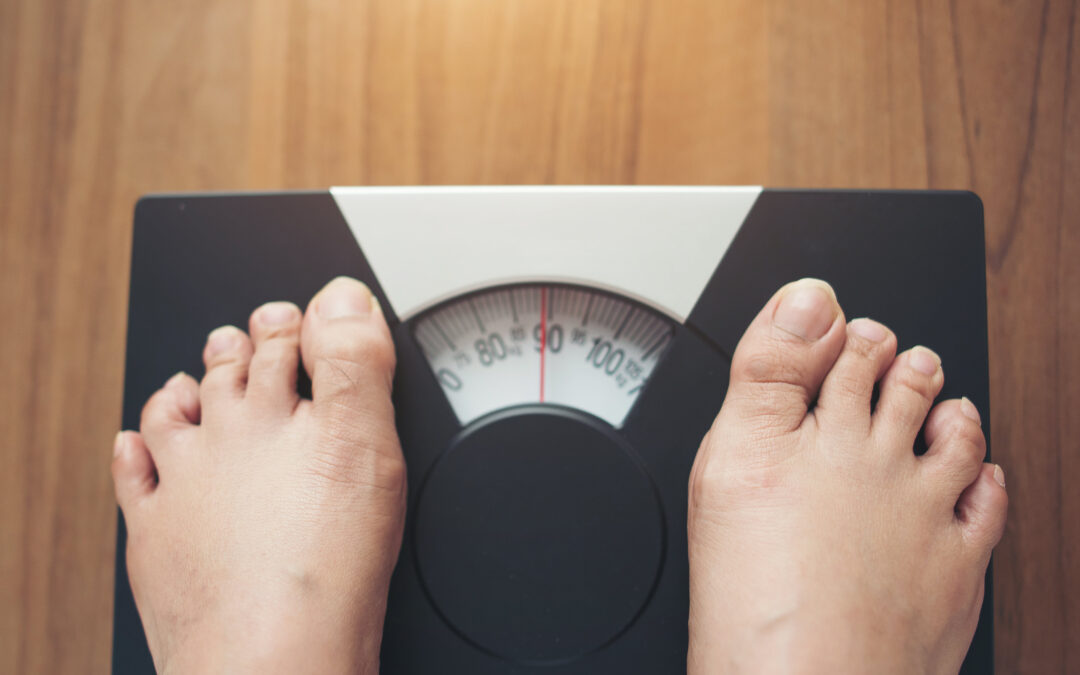How Body Mass Index (BMI) Affects Women Through the Menopausal Life Stages
Understanding the link between body weight, hormones, and wellbeing during menopause.
Introduction
As women journey through life, their bodies naturally transition through hormonal stages — from puberty to menopause and beyond. One critical factor that influences how smoothly these transitions occur is Body Mass Index (BMI).
BMI, a simple measure of body fat based on height and weight, not only reflects physical health but also affects hormonal balance, the timing of menopause, and the intensity of menopausal symptoms. Understanding this connection empowers women to make informed lifestyle choices for improved comfort, energy, and vitality through every stage.
What Is BMI and Why It Matters
Body Mass Index (BMI) is calculated by dividing your weight in kilograms by your height in meters squared (kg/m²). It’s categorized as:
-
Underweight: Less than 18.5
-
Normal weight: 18.5–24.9
-
Overweight: 25–29.9
-
Obese: 30 and above
While BMI is not a perfect indicator (it doesn’t distinguish between muscle and fat), it provides an important snapshot of metabolic health — especially during menopause when body composition naturally shifts.
BMI and the Timing of Menopause
Studies show that BMI can influence when menopause begins.
-
Women with higher BMI often experience menopause later. This is because fat tissue produces and stores estrogen, slightly extending hormonal activity.
-
Women with lower BMI tend to reach menopause earlier, due to lower estrogen reserves and reduced fat-related hormone production.
Research published in the journal Menopause (2018) revealed that women with obesity reached menopause about one year later than leaner women.
BMI and the Severity of Menopausal Symptoms
1. Hot Flashes and Night Sweats
Overweight and obese women are more prone to frequent and intense hot flashes. Excess fat insulates the body, making it harder to regulate temperature.
2. Mood and Sleep Quality
Higher BMI has been linked to increased risk of depression, anxiety, and sleep disturbances during menopause. Hormonal fluctuations, inflammation, and body image stress can all play a role.
3. Joint Pain and Fatigue
Extra body weight may worsen joint stiffness and fatigue, affecting mobility and energy levels.
BMI and Long-Term Health After Menopause
After menopause, a woman’s metabolism slows down, and fat distribution shifts toward the abdomen. This change raises the risk of:
-
Heart disease
-
Type 2 diabetes
-
High cholesterol and blood pressure
Women who maintain a healthy BMI (20–25) experience improved cardiovascular health, better metabolic balance, and sustained vitality.
The American Heart Association (2020) notes that postmenopausal women with abdominal obesity face up to three times greater risk of heart disease compared to those with normal BMI.
BMI, Estrogen, and Bone Health
Estrogen protects bones — and when it declines during menopause, the risk of osteoporosis increases.
Interestingly, moderate body fat helps preserve some estrogen, offering slight bone protection. However, excessive fat can cause inflammation that weakens bone quality.
Maintaining a balanced BMI through healthy weight management helps protect both bone strength and joint health.
BMI and Menopausal Quality of Life
Weight influences how women feel — physically, mentally, and emotionally.
Women with higher BMI often report:
-
More fatigue and lower energy
-
Increased joint pain
-
Reduced self-esteem and body confidence
-
Decreased sexual wellbeing
On the other hand, women who maintain a healthy BMI report:
✅ Better sleep
✅ Enhanced mood
✅ More stable energy levels
✅ Stronger confidence and hormonal balance
Managing BMI During the Menopausal Transition
Achieving hormonal balance and healthy weight during menopause doesn’t require extreme diets — just consistent, mindful habits.
Vital Lifestyle Tips:
-
Eat smart: Focus on plant-based meals, lean proteins, phytoestrogen-rich foods (like soy, flaxseed, and legumes), plus calcium and vitamin D for bone health.
-
Move daily: Mix cardio, resistance training, and flexibility workouts to maintain muscle and balance hormones.
-
Rest well: Quality sleep regulates cortisol and supports weight control.
-
Manage stress: Meditation, journaling, or nature walks lower stress hormones that can promote weight gain.
Quick Summary
| Aspect | Low BMI | Normal BMI | High BMI |
|---|---|---|---|
| Menopause Onset | Earlier | Normal | Later |
| Hot Flashes | Fewer (varies) | Moderate | More intense |
| Bone Health | Weaker | Healthy | Denser but inflamed |
| Cardiovascular Risk | Low | Balanced | High |
| Mood & Sleep | Anxiety possible | Stable | Disturbed |
| Quality of Life | Varies | Optimal | Reduced |
Final Thoughts
Your Body Mass Index is more than a number — it’s a reflection of how your body and hormones communicate through change. By maintaining a healthy BMI through mindful nutrition, movement, and self-care, you can reduce menopausal discomfort, strengthen your heart and bones, and enhance your overall sense of wellbeing.
At Vitalis Origin, we believe in empowering women to embrace each stage of life with confidence, balance, and natural vitality — because hormonal health is the heart of whole-body wellness.
Disclaimer
This article is for educational purposes only and does not replace medical advice. Please consult your healthcare provider for personalized assessment and guidance on managing BMI and hormonal health during menopause.

